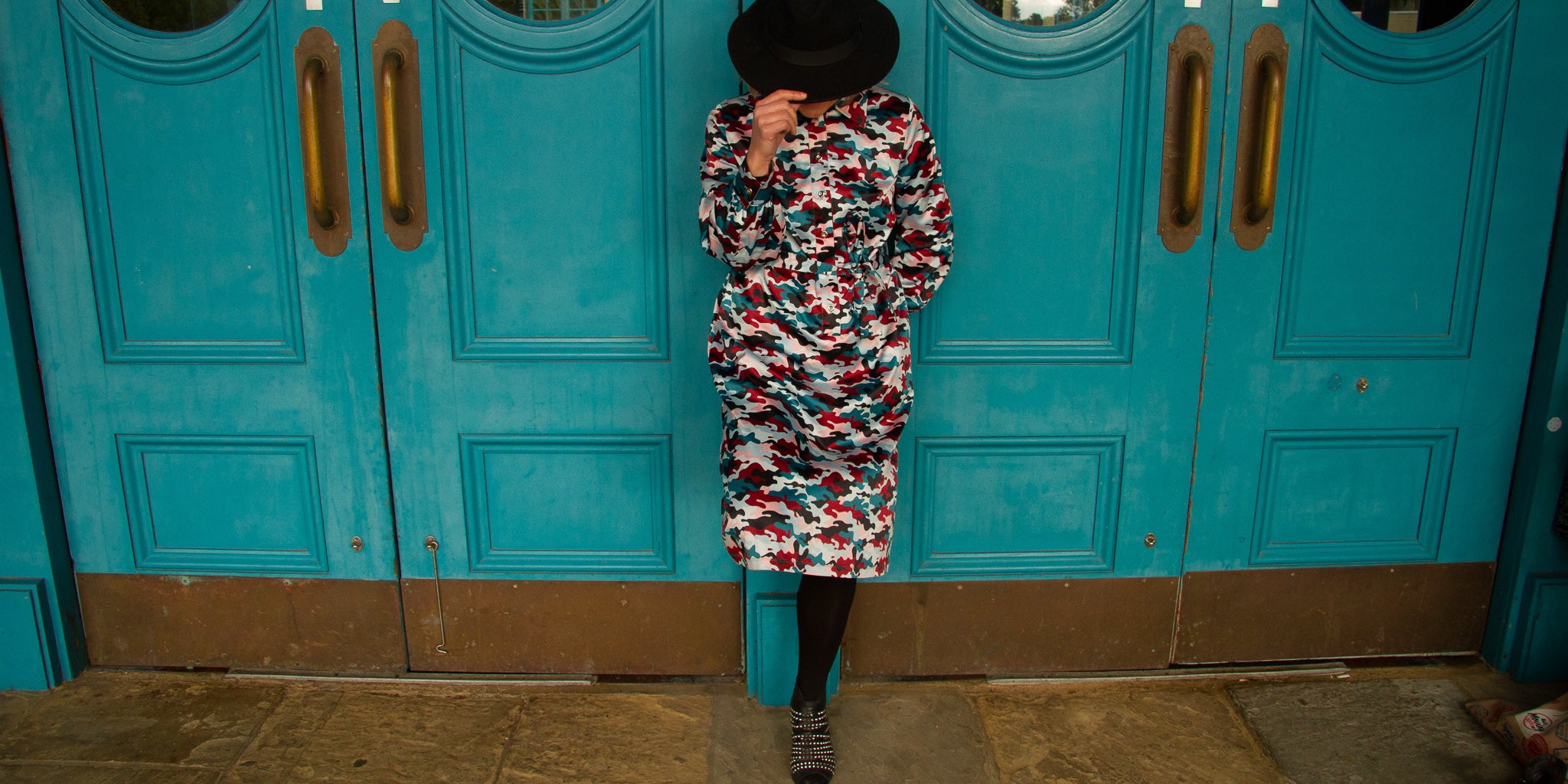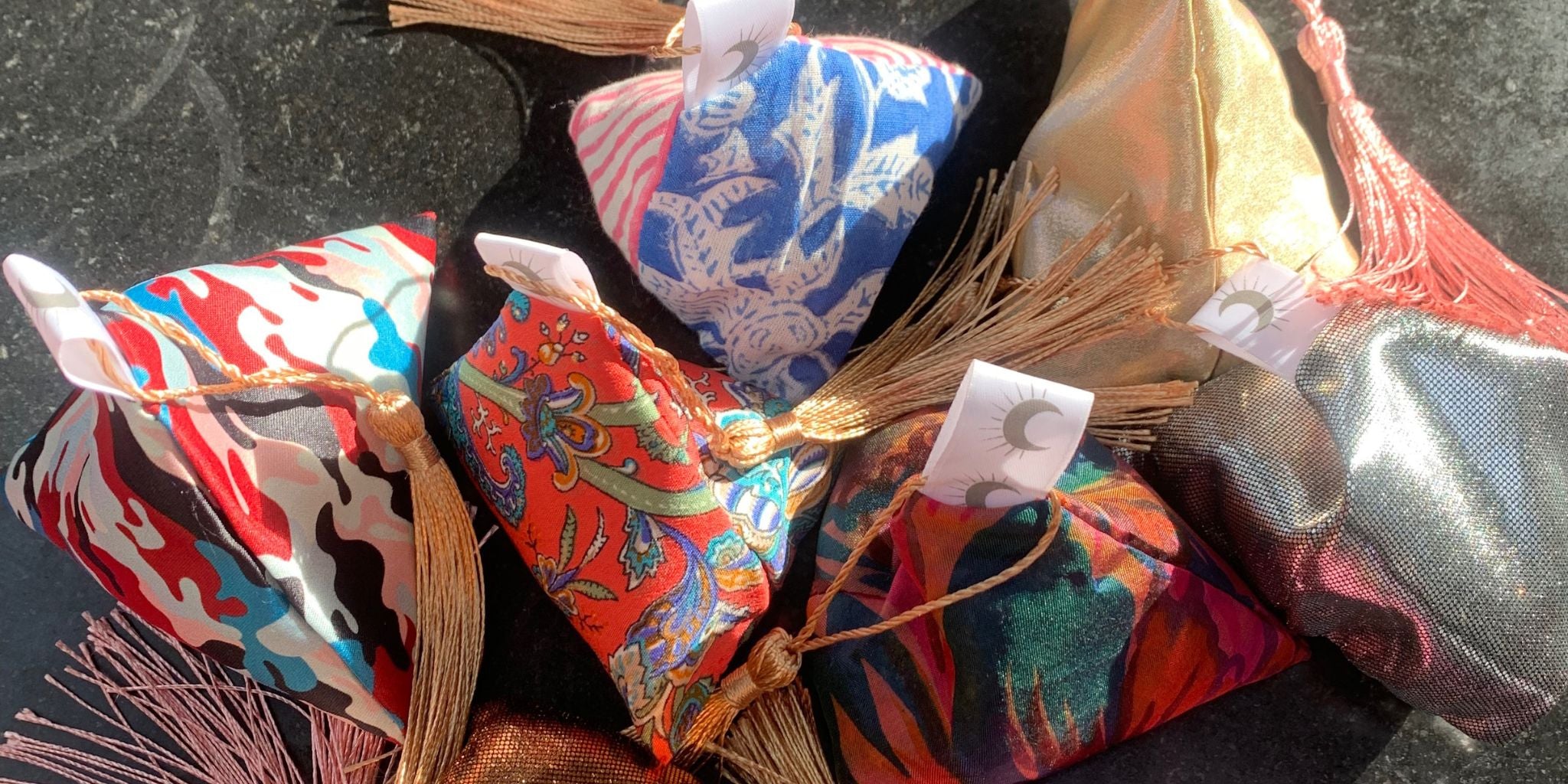Treat yourself - with these 7 steps

None of us come with a manual and most of us crash land into adulthood. While we learn how to spell, math and a variety of other subjects at school we are not taught how to think. By this I mean how to manage difficult thoughts and regulate emotion. Like exercise it’s something we need to learn and practice. I believe the world would be a different place if mental well being was part of the school curriculum. While I am no psychotherapist I wanted to share what I have learned through the yoga philosophy I have studied and the training I have had for managing people.
1. Get to know your story
The story of your life will help you understand who you are. I was asked to plot the journey of my life as part of a managerial course at work. Literally jot it down. It can help to look through photo’s to help remember. Notice your thoughts and feeling sound certain times. As you go through perhaps you notice patterns in when different things happened your response was the same for example lack of trust or feelings of unworthiness. Often we have not dealt with a feeling in the past. Understanding this and being able to speak about it and deal with it is life changing.
2. Response over result
‘Life gets in the way of our plans.’ We all go through stages of life where things don’t feel like they are going to plan. Acknowledge you are disappointed, don’t suppress your feelings but don’t hold on to them, or catastrophise, it’s draining. What can make a big difference is shifting your focus, and energy on to what you can do or press pause and do something which is a total distraction. Remind yourself of other times you have overcome seeming setbacks and gone on to bigger and better.
3. Keep a sense of perspective
I recall being asked in a training course where I thought I was on the journey of my life and I wanted to be remembered for. Reflect on this. We are encouraged to value ourselves by achievement but at the end of the day or should I say life it’s the who rather than the what.
4. Be kind to yourself
Don’t ‘should’ yourself. I would go so far as to say delete it from your vocabulary. Being rigid in your approach to you can help you navigate challenges in life. Negotiate with your own ‘rules’. Think of water, yes it is soft and yielding, however it has the power to shape mountains and rocks. Embraced this quality and find your flow.
5. Don’t label feelings as ‘good’ or ‘bad’
Emotions are signposts, we have them for a reason. They keep us safe. Seemingly ‘negative’ emotions can be a way of telling us to slow down, for example feeling anxious about a work project. Face them and embrace them.
6. Examine the evidence
Your inner critic is there to stop you getting hurt. It has a tendency to catastrophise when things don’t go to plan and our thoughts go into an overdrive of ‘what if’s’. A great way to quieten this voice is to write down in pencil these thoughts. Underneath each one write down in pen the truth, fact or how you have overcome this before. Then rub out all of the pencilled lines and you will have some written intentions/affirmations to read and remind yourself of when the inner critic gets busy.
7. Be unapologetically you
The relationship you have with yourself is so important, as it lasts your whole life. When you write down a list of who or what you love where to do you appear on it? We can easily slide into being busy with ‘life’ so we can avoid or ignore who we are. Yes we can have different masks we wear such as mother, daughter, employee or boss but at the core of this understand, accept and cherish who you are. A simple way to do this is on waking say good morning to yourself and ask yourself how are you? Trust yourself and your judgment.
Top 7 FAQs About Managing Difficult Thoughts and Emotions
1. Why is it important to learn how to manage difficult thoughts and emotions?
Compares it to exercise, something we need to learn and practice for a healthier life. They believe emotional well-being should be part of the school curriculum.
2. What's the first step to taking control of my thoughts and feelings?
Get to know your story. Understanding your past experiences can help you identify patterns in your thoughts and emotional responses. The author suggests journaling or reviewing photos to jog your memory.
3. I feel like my plans are constantly getting derailed. How can I deal with disappointment?
Focus on response over result. Acknowledge your disappointment, but don't dwell on it or catastrophize. Shift your focus to what you can control, take a break, or remind yourself of past challenges you've overcome.
4. Sometimes I feel like my achievements are the only things that matter. How can I find perspective?
Keep a sense of perspective. Consider what you ultimately want to be remembered for. True value comes from who you are, not just your accomplishments.
5. I constantly beat myself up for not doing things perfectly. How can I be kinder to myself?
Stop using "should" statements. Be flexible and embrace a gentler approach to yourself. Think of water – soft yet powerful enough to shape mountains. Find your flow.
6. I have a lot of negative emotions. Is that bad?
Don't label feelings as good or bad. Emotions are signals for a reason. Even negative emotions can serve a purpose, like anxiety prompting you to slow down during a challenging project.
7. My inner critic is relentless. How can I quiet it down?
Examine the evidence. Write down your negative thoughts and challenge them with facts or past experiences where you overcame similar situations. Replace negative thoughts with written affirmations to remind yourself of your truth.

Rebecca Rodden founder of the Fashion Lifestyle Brand ‘Eluroom’
She brings wealth and knowledge in the Fashion Industry, Spanning 20 years working her way up to Buying Director at a British Luxury Retail Company.
Her knowledge and skills of how and what you wear can set your mood or mindset for the day has become her specialty.
Rebecca, designs her own sustainable fashion dresses and incorporates mindfulness and wellbeing in her brand ethics to connect to her customers on a deeper level.
She promotes ‘Living with Joy’
- Tags: breakthroughs meditation mindfulness mindfullness mindfulness mood boost morning routine motivation new beginnings time for reflection wellness wellness tips
0 comments











